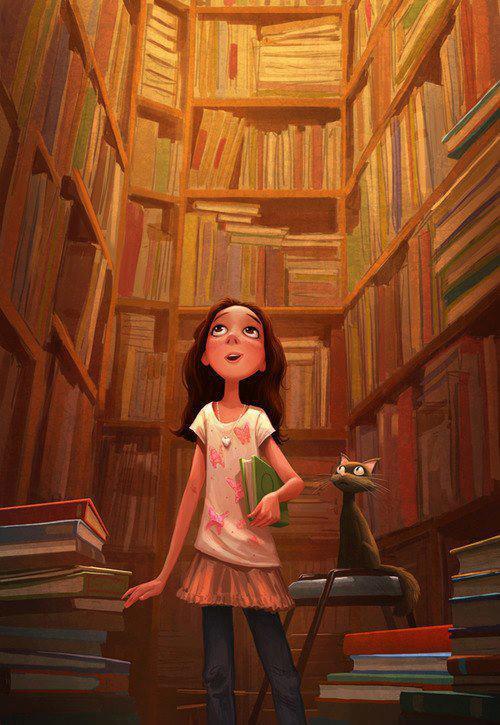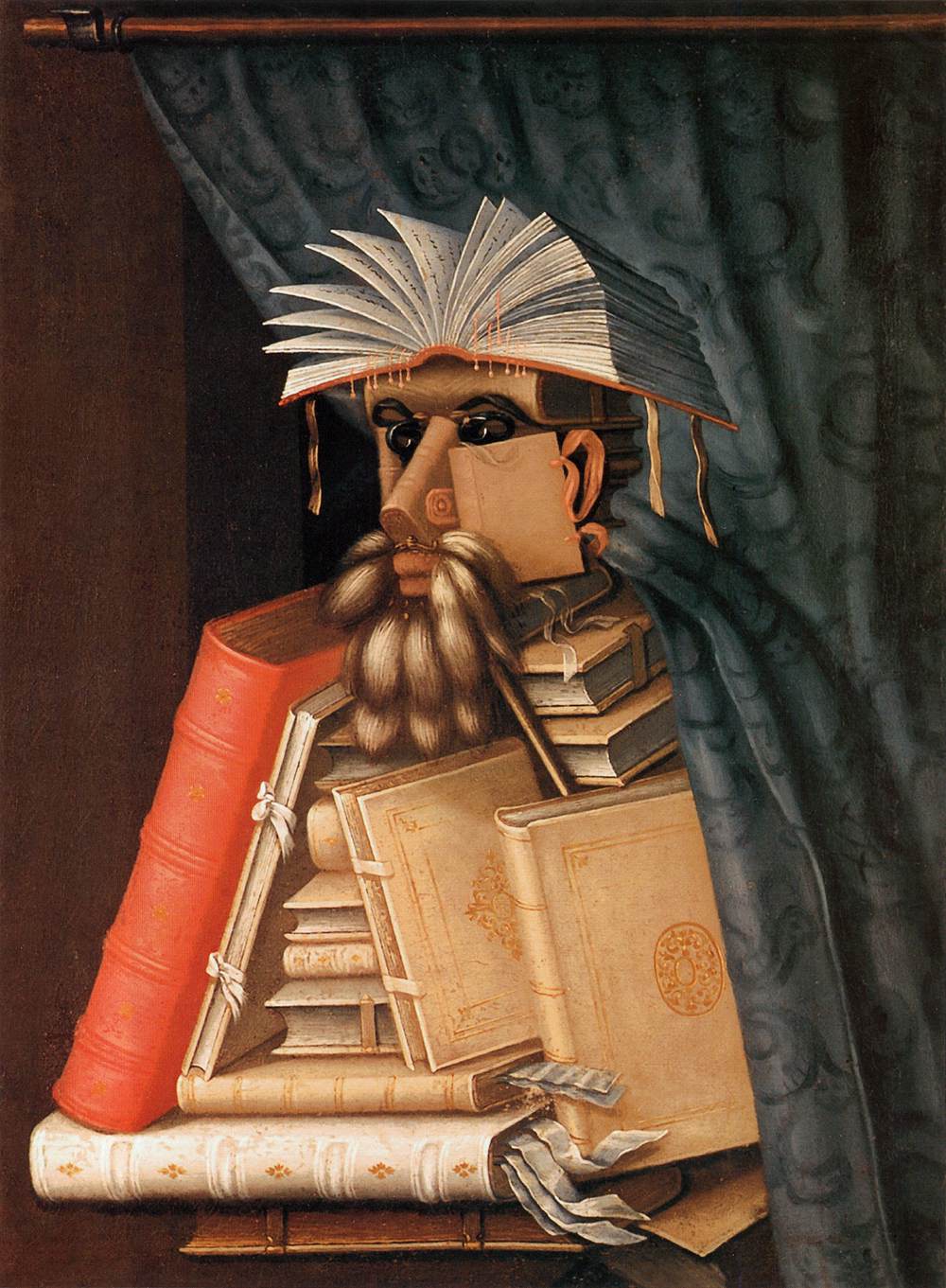 |
| Antique Book |
Any article about the end of books will generate considerable buzz on the web, and
a recent article in the NYT by Leah Price, no less. What sets Ms. Price's essay apart from so many others is the depth to which she has explored the subject. She is a professor of English at Harvard and a specialist on the
history of books. Ever since technology began its exponential growth, scholars and technophiles alike have predicted the end of books. But this discussion has been sloppy to some extent because people do not distinguish between the written word and its vehicles. In her article, Ms. Price examines the rise of new technologies which were predicted to supplant older ones, but which actually never happened, such as books with radio, and radio with TV. Which all begs the question, is it really about the end of books or of reading? And what will be the ultimate killer of the printed book? Even ereaders, despite their explosive popularity, have their limitations. Any physical medium which requires one to grasp and interact with it will be supplanted by others that will reduce the strain our hands and optic nerves. Maybe a new technology that will simply generate words in front of our eyes, for those who actually still wish to read as opposed to listen to books. And I don't mean by the use of goggles or any device that simply projects words on a screen, but which may be able to transmit them through the optic nerve to our brains. A kind of reverse projector through the eyes. After all, necessity (and laziness) is the mother of invention, so it may happen, as sci-fi authors have
often forecasted.







